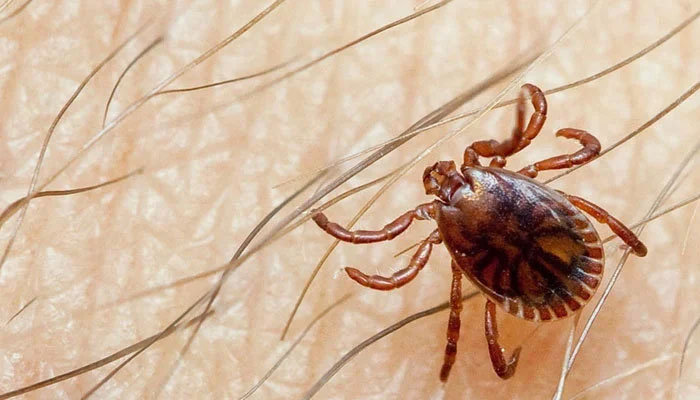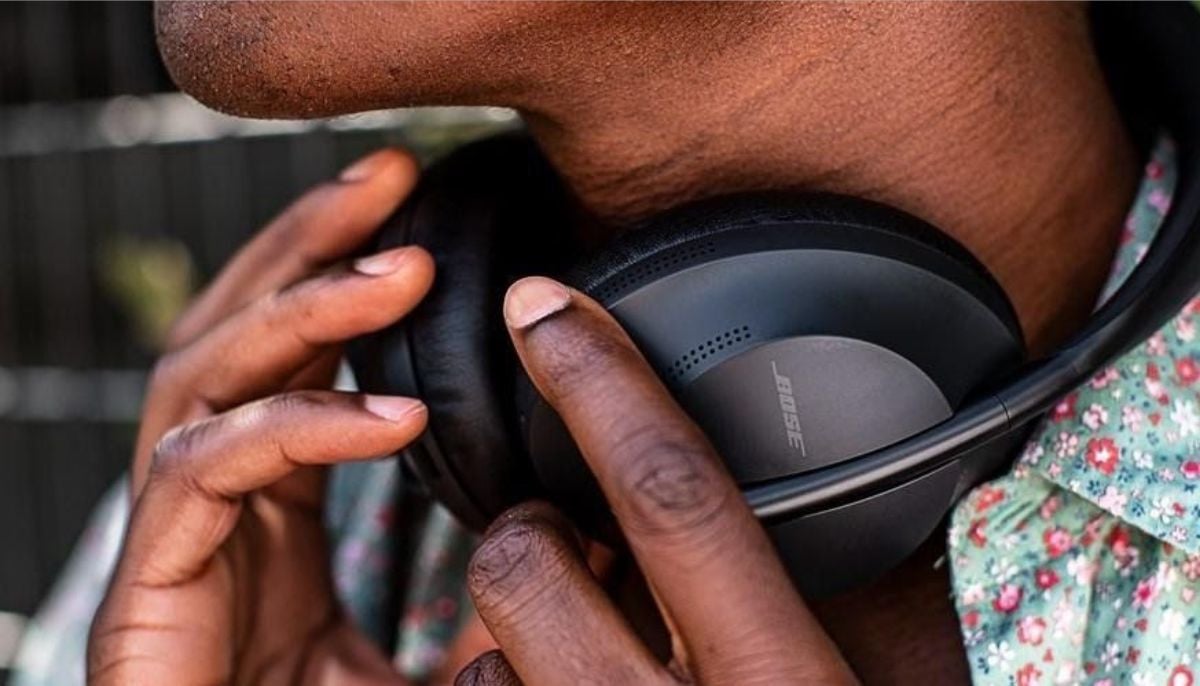Sindh reports second Congo virus death this year
CCHF is tick-borne viral disease with case fatality rate ranging from 10% to 40%
Sindh has reported its second death from Crimean Congo Hemorrhagic Fever (CCHF) this year, as a patient died in Karachi on Thursday, according to the provincial health department.
The deceased, identified as 26-year-old Zubair, was a resident of Karachi’s Ibrahim Hyderi area.
CCHF is a tick-borne viral disease with a case fatality rate ranging from 10% to 40%, according to the World Health Organisation.
The virus can be transmitted through tick bites or through contact with the blood or tissues of infected animals, particularly during slaughter. There is currently no vaccine available.
The patient was admitted to the emergency ward at Jinnah Postgraduate Medical Centre (JPMC) and was diagnosed as a suspected CCHF case.
He was later referred to the Sindh Infectious Disease Hospital & Research Centre (SIDH) due to the unavailability of bed, where he succumbed to the disease on the morning of June 19.
The latest death comes just a day after a 42-year-old man from Karachi’s Malir district died of CCHF on June 17.
Moreover, two individuals also tested positive for the CCHF in Khyber Pakhtunkhwa's Karak district, the KP health department said on Wednesday.
Dr Qudratullah said that both patients were receiving treatment in a Peshawar hospital and their condition is stable.
The onset of CCHF is sudden, with initial signs and symptoms including headache, high fever, rashes, back pain, joint pain, stomach pain, and vomiting.
-
How the world lost Whitney Houston to overdose
-
Late Ozzy Osbourne's 'terribly challenging' life with Parkinson's Disease
-
Emerging health threat: Toxic chemicals found in headphones, raising safety concerns among teens
-
Halsey’s rare health struggle you didn’t know about
-
Angelina Jolie and Brad Pitt mental health struggle amid divorce
-
Peter Dinklage shares achondroplasia struggle: 'My whole life I've had stares'
-
Celine Dion’s private battle with Stiff Person Syndrome
-
5 famous names who have spoken up about their anxiety












